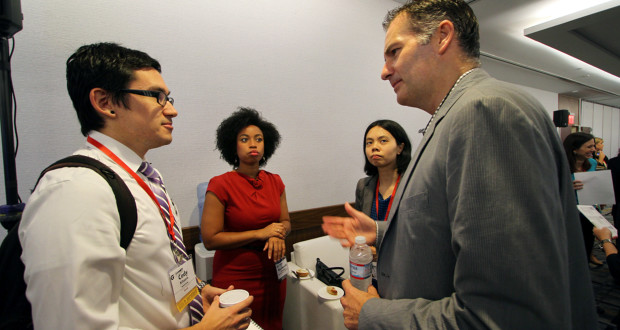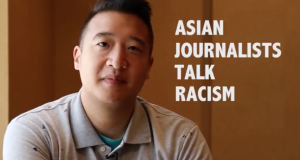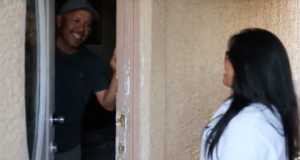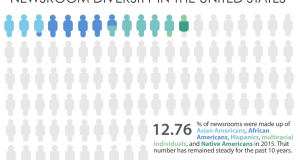Two years after the National Association of Black Journalists’ contentious departure, UNITY is struggling to define its core mission.
Acting President Doris Truong believes that the umbrella organization for minority journalists should expand to include organizations that aren’t defined by race or ethnicity.
“UNITY has to reflect a changing society,” Truong said. “Look at some of the top stories of recent months: immigration and LGBT rights. In a lot of ways, LGBT issues are the civil rights concerns of our time.”
The debate over UNITY’s purpose reached a boiling point in 2011 when NABJ left the group over disagreements about how the budget should be shared. Later that year, the National Lesbian and Gay Journalists Association (NLGJA) accepted an invitation to join the remaining groups: the Asian American Journalists Association, the National Association of Hispanic Journalists and the Native American Journalists Association.
“@CamilaBernal_: .@HugoBalta: “We are evaluating our current relationship with UNITY” #NAHJnews #EIJ13 pic.twitter.com/jeHS7tbK81”
— Joe Vazquez (@joenewsman) August 23, 2013
Jeff Yang, an AAJA member and a columnist at the Wall Street Journal, has been pushing to go further than Truong’s expanded definition of “minority.” Last year, Poynter quoted Yang suggesting that the organization reach out to other underrepresented groups such as the National Center on Disability and Journalism and the International Women’s Media Foundation.
Mixed into the debate about UNITY’s future are concerns that NAHJ might be heading for the door. When asked, NAHJ President Hugo Balta denied the group would be leaving. However, he said his group shared many of NABJ’s concerns, such as the issue of distribution of money.
“I think what has happened is that in the absence of information, people have filled in the gaps,” Balta said.
This year, his group has partnered with other organizations previously unaffiliated with NAHJ or UNITY. That strategy may serve as a way for UNITY to expand and take on other large challenges, such as tighter budgets in a depressed journalism market.
“There’s also a lot to be said for understanding the other groups,” said columnist Richard Prince, who has covered UNITY’s turmoil extensively for the Maynard Institute for Journalism Education. “The bigger the UNITY tent, the better.”
Still, even if more groups join, there is little doubt that NABJ’s absence is not a dead issue.
“I have reached out to NABJ’s newly elected leadership, and we’ll keep the lines of communication open,” Truong said.
___
Voices reporter Dana Macalanda contributed to this report.
 VOICES Publishing from the AAJA National Convention
VOICES Publishing from the AAJA National Convention








